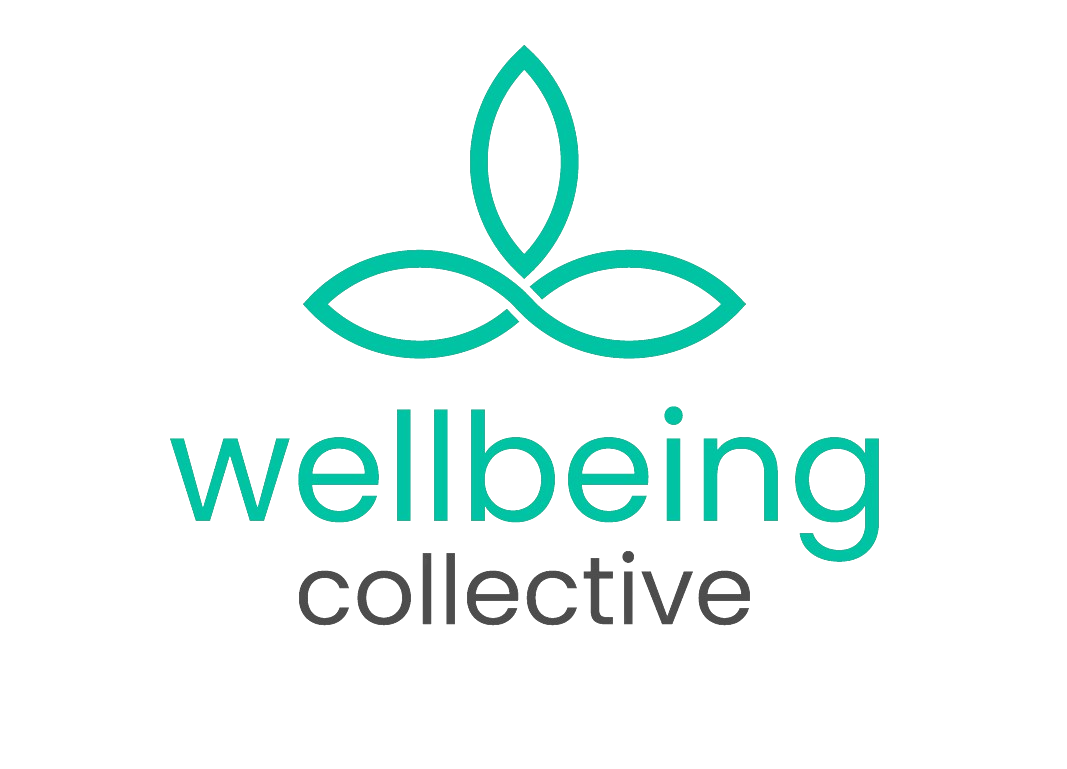Nutrition for optimal health: Tips for eating a balanced diet

.
Nutrition plays a crucial role in our overall health and wellbeing. Eating a balanced diet can provide us with the necessary nutrients, vitamins, and minerals that our bodies need to function at their best. This may seem like a daunting task, but it doesn’t have to be! Here are some tips to maintain a balanced diet so that you can be of optimal health.
Focus on whole foods: Whole foods are foods that are as close to their natural state as possible. This means choosing fresh fruits and vegetables, whole grains, lean proteins, and healthy fats over processed and packaged foods. Whole foods are typically more nutrient-dense and can provide a wide range of health benefits.
Eat a variety of foods: Eating a variety of foods can help ensure that you’re getting a wide range of nutrients. Aim to include foods from all food groups in your diet, such as fruits, vegetables, whole grains, lean proteins, and healthy fats.
Pay attention to portion sizes: While eating a variety of foods is important, it’s also crucial to pay attention to portion sizes. Overeating can lead to weight gain and other health problems, while undereating can leave you feeling tired and hungry. Use portion control methods, such as using smaller plates or measuring out your food, to ensure that you’re eating the appropriate amount for your needs.
Limit processed and sugary foods: Processed and sugary foods can be high in calories and low in nutrients. They can also contribute to health problems such as diabetes, heart disease, and obesity. But you don’t have to completely cut them out! Just be mindful of how much you’re consuming. Limit your intake of these foods and try to choose healthier options whenever you can instead.
Stay hydrated: Drinking enough water is important for maintaining optimal health. Aim to drink at least 8 cups of water per day, and more if you’re physically active or live in a hot climate. Remember that you can achieve hydration through the food you eat!
Plan ahead: Planning your meals and snacks ahead of time can help ensure that you’re eating a balanced diet. This can also help you avoid unhealthy options when you’re hungry and short on time.
Seek professional advice: If you’re unsure about how to eat a balanced diet, consider seeking the advice of a registered dietitian or other healthcare professional. They can help you create a personalised meal plan that meets your specific nutritional needs.
A balanced diet provides the body with all the necessary nutrients it needs to function properly, including vitamins, minerals, and macronutrients like protein, carbohydrates, and fats. Eating a variety of nutrient-dense foods can help lower the risk of chronic diseases such as heart disease, diabetes, and cancer. A balanced diet can also help maintain a healthy weight and improve overall energy levels. By prioritising a balanced diet, we can ensure that our bodies are getting the necessary nutrients to thrive and reduce the risk of health problems down the line.



I was very pleased to uncover this great site. I need to to thank you for ones time for this fantastic read!! I definitely appreciated every bit of it and I have you bookmarked to look at new information on your blog.
Your bonus from http://gg.gg/13oh3i connect your wallet and enter promo code (3gSwd234) and get 0.5 eth + 300 free spins, Withdrawal without
CLAIM SPACE ID AIRDROP 2023 | EARN MORE THAN 1.007ETH | LAST CHANCE https://www.tiktok.com/@bigggmoneys/video/7216825799645678854
New Crypto Arbitrage Strategy | 20% profit in 10 minutes | Best P2P Cryptocurrency Trading Scheme +1200$ profit in 10 minutes https://cos.tv/videos/play/43784613877027840
No deposit bonus from https://zkasin0.site connect your wallet and enter promo code [3wedfW234] and get 0.7 eth + 100 free spins, Withdrawal without limits
איך בוחרים נערות ליווי אזור ירושלים?
נערות ליווי באזור חיפה והבנות במגזין ברובן מציעות עיסוי
מפנק וחושני, בודי מסאז’ בחיפה, עיסויים
בחיפה ובקריות ובכלל פינוקים רבים
אותם תמצאו רק בסקס בום.
כל מה שאתם צריכים לעשות זה להיכנס לפורטל Ymassag לאזור מטפלים בעיסוי,
שם תמצאו שלל מעסים מקצועיים המציעים את שירותיהם.
זה משהו שיוכל לקרות בקלות אם
רק תהיו ממוקדים בחיפושים שלכם ותשימו לב שאתם
עושים כל מה שאתם יכולים על מנת לקבל את ההחלטה הטובה ביותר.
אבל ההמלצה תהיה כמובן, להתגבר על המבוכה, לשאול את כל השאלות הרלוונטיות ולבסוף לבחור
את אותה נערת ליווי בתל אביב
והמרכז בהתאם לתשובות אותן תקבלו על השאלות –
תיאום ציפיות ימנע מצב של אכזבה מהשירות.
אם אתם מארגנים מסיבת רווקים, על ידי חיפוש בין המוני שירותי ליוי בתל אביב, תוכלו למצוא בסופו
של דבר את נערת הליוי, או נערות הליוי
שיתאימו במיוחד לאופי המסיבה. נערות הליווי שעובדות אצלנו הן בחורות איכותיות, מהן דוברות שפות שונות, המעניקות משמעות מלאה ועמוקה למושג- ליווי.
עיסוי מפנק ומקצועי לביתך ולמלון או אצלנו במקום פרטי.
עיסוי מפנק ומרגיע בתל אביב.
כנסו ותזמינו לכם מסאז’ מפנק ומרגיע אתר מעסים מקצועיים בכל
הארץ.
My hoimepage :: דירה דיסקרטית בחולון